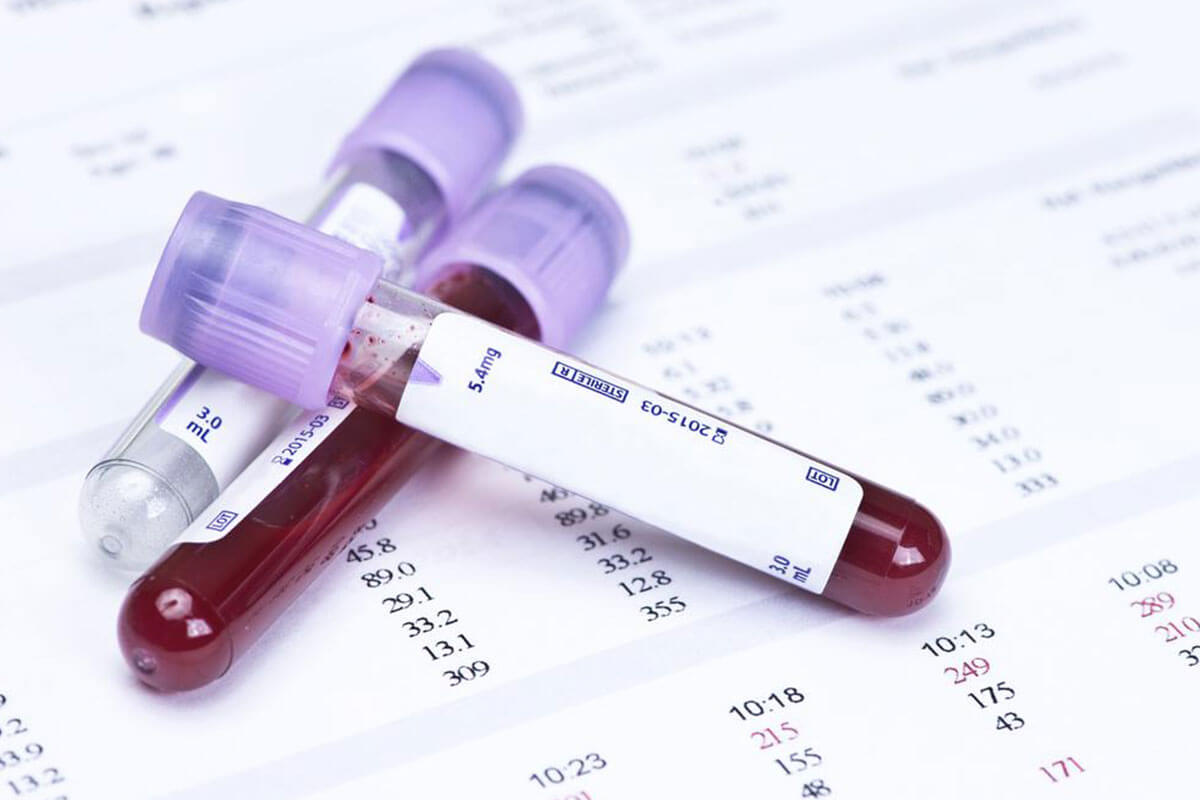If You See These Signs and Haemophilia Symptoms, Meet a Doctor Today
Haemophilia is not a condition that you can take lightly. If you have these haemophilia symptoms, it is time to see medical attention now.
Haemophilia is a medical condition in which the body’s natural ability to clot blood is severely compromised. This causes the patient to bleed profusely even when the injury is a slight or minor one. Generally caused due to the lack of a specific blood clotting factor, haemophilia is mostly a hereditary condition.

Haemophilia Symptoms and Signs
People with mild haemophilia usually only bleed post-surgery or after a major injury. They may not even have a bleeding problem. However, those with moderate haemophilia symptoms tend to have a bleeding problem at least once a month, while those with severe haemophilia symptoms may even bleed one to two times every week, with no cause or trauma at all (spontaneous bleeding). People with severe haemophilia also tend to bleed into their joints or muscles frequently.
The general signs and haemophilia symptoms include the constant presence of deep or large bruises all over the body, and unexplained and heavy bleeding from seemingly minor cuts or injuries. This bleeding may be spontaneous, or happen after dental work or surgery. One of the prominent severe haemophilia symptoms includes unusual bleeding after vaccinations. You may also see blood in your urine or stools (hematuria), and suffer through incessant nosebleeds for no reason at all. While teens and adults understand and can voice out when they feel haemophilia symptoms, infants do not have the ability to do so. This is why infants facing haemophilia symptoms tend to be more irritable for no particular visible reason.
When to Seek Help from a Doctor
In general, haemophilia symptoms and the first bleeding episode take place by the time a kid is 2 years old. If your baby boy has been circumcised and the bleeding is prolonged, seek help from your doctor immediately. For boys who are not circumcised, parents need to watch out for signs of easy bruising as the child begins to move around.
If you find that your child bruises easily, or you cannot seem to stem the bleeding after an injury, seek medical help without delay.
As a preventive measure, talk to your doctor if you are pregnant or are planning a baby, and have a familial history of haemophilia. Your doctor can guide you and help determine if you are a carrier of the condition with the help of genetic tests. In case you are a carrier, it is also possible to find out if your fetus has haemophilia during your pregnancy.
Emergency Haemophilia Symptoms You Just Cannot Ignore
Severe haemophilia symptoms pose a danger to your life and wellbeing. There are some emergency haemophilia symptoms that you just should not ignore. If you are facing a mix of these haemophilia symptoms, head to the doctor immediately.
- Bleeding due to an injury. In the case of people with severe haemophilia, this situation can take a turn for the worse in no time at all.
- Sudden warmth, swelling, and pain in any of the large joints such as the hips, shoulders, elbows, knees, as well as in the muscles of your arms and legs.
- Painful headaches that last for a long period of time.
- Incessant vomiting, fatigue, and neck pain.
- Double vision with or without a head injury, convulsions, seizures, changes in behavior – these could indicate the presence of internal bleeding in the brain.
This inherited blood disorder can be treated, and haemophilia symptoms can be better managed to help improve your quality of life. While visible bleeding gives you ample of warning, it is the chance of internal bleeding that you need to watch out for.